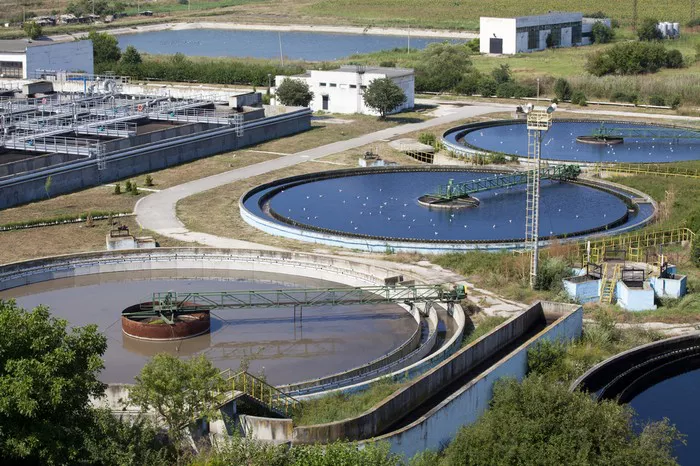The University of Costa Rica (UCR) has launched a groundbreaking research project focused on converting wastewater into valuable resources such as irrigation water, agricultural fertilizer, and biofuel. Led by the Faculty of Engineering, the initiative aims to tackle the country’s wastewater management challenges while promoting sustainable development and circular economy principles.
Currently, about 75% of Costa Rica’s population relies on septic tanks, which present long-term risks due to limited space, inadequate infrastructure, and contamination of aquifers and rivers. Only a quarter of the population has access to sanitary sewer systems, the most effective treatment method in urban areas. Untreated wastewater continues to threaten water sources, ecosystems, and public health.
“This project addresses a critical national issue by transforming wastewater into useful products,” said Erick Centeno, coordinator and professor at UCR’s School of Civil Engineering. “We focus on three outputs: treated water for irrigation or cleaning, nutrient-rich sludge as fertilizer, and biogas for energy.”
Initial pilot studies utilized anaerobic reactors with post-treatment processes to treat wastewater’s liquid, solid, and gaseous components. The treated water meets national safety standards for reuse, especially in irrigation where water is scarce. The sludge retains essential nutrients like nitrogen and phosphorus, making it an effective soil enhancer. Meanwhile, biogas is captured and used as a renewable energy source, including heat treatment to sanitize sludge.
This research complements Costa Rica’s growing commitment to sustainable wastewater management. Earlier this year, the Costa Rican Institute of Aqueducts and Sewers (AyA) secured a $565 million loan from the Central American Bank for Economic Integration (CABEI) to fund a nationwide wastewater program featuring new treatment plants and expanded household connections.
UCR’s project builds on the university’s record of sustainable innovation, including recent efforts to convert coffee waste into energy and nutrients. It also aligns with regional initiatives like Monteverde’s Environmental Technology Park, which recycles organic waste into eco-friendly fertilizer.
Looking ahead, UCR plans to refine its pilot systems and pursue partnerships with government and local communities to expand the technology. “Our goal is to offer a scalable model that reduces reliance on septic tanks and supports Costa Rica’s vision of zero untreated wastewater by 2045,” Centeno said.
Related topics:

